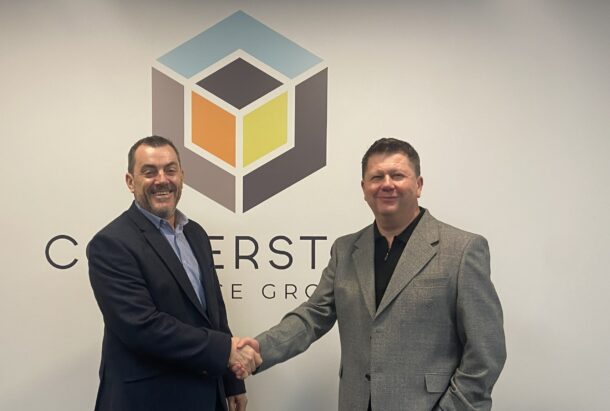Many first-time buyers come to us with one simple question – how much can I borrow? It’s a logical starting point, but it often comes with the assumption that they’ll need a large deposit or that their options are limited.
Challenging the Deposit Myth: More Accessible Routes to Homeownership
The reality is, while buying a home remains a major financial commitment, there are more accessible pathways to ownership than many people realise – and that’s where the role of the mortgage adviser becomes crucial.
Every client is different. Some arrive with a good sense of what’s available, but many have had little exposure to the range of options out there. For those with smaller deposits, we can explore schemes such as shared ownership, shared equity, and even 100% loan-to-value mortgages for those with a strong record of rental payments. Others may benefit from cashback mortgages to help cover early costs, or joint borrower, sole proprietor arrangements which allow family members to support without being joint owners.
Making the Most of Family Support: Intergenerational Funding Explained
One of the most important parts of my role is helping clients see that homeownership isn’t out of reach. Sometimes, it’s about making use of what’s already available within the family. Intergenerational funding – whether in the form of a gifted deposit or through more structured options like equity release – can make a meaningful difference.
Equity Release in Today’s Market: Safer, Smarter, and More Flexible
In cases where parents or grandparents want to help, there’s no need to wait for inheritance to play its part. Lifetime mortgages can allow older homeowners to release some equity from their property and pass it on now, while they can still see the benefit of their support. Understandably, there are concerns around this – some of it based on outdated perceptions of equity release – but the market has evolved significantly in recent years. There are now more safeguards in place than ever before, and advisers must take care to ensure clients understand the terms fully and have appropriate legal support.
Balancing Support with Security: Inheritance Protection and Lifetime Mortgages
There are also ways to mitigate some of the more traditional concerns, such as the risk of eroding inheritance. Options like inheritance protection guarantees allow families to ringfence a portion of the property’s value for future generations. And for those with income in retirement, interest-serviced lifetime mortgages can reduce the rate at which the loan grows over time.
The Power of Family Conversations in Financial Planning
The important thing is that families talk. We encourage those considering equity release to involve their loved ones in the conversation. It’s about making decisions together, not in isolation. And when done well, the benefits can be both financial and personal.
Real-Life Impact
One of my recent clients used equity release to help her daughter buy a home nearby. The result wasn’t just a property purchase – it brought the family closer, allowed for regular childcare support, and gave a real sense of purpose.
Don’t Overlook the Details: Tax and Legal Considerations
Of course, none of this removes the need for practical advice. Clients who are supporting their children with property purchases should also be made aware of potential tax implications, especially around gifting. That’s where collaboration with tax professionals can really add value.
Beyond Mortgages: Building Long-Term Client Relationships
Ultimately, our job as mortgage advisers is about much more than sourcing the right product. It’s about understanding each client’s story and offering guidance that reflects not only their financial position but their wider family circumstances and goals. Helping a first-time buyer onto the ladder often marks the beginning of a long relationship – one that may span future moves, remortgages, or protection planning.
At Cornerstone, we’re supported by systems that make the process smoother – from secure document uploads to streamlined sourcing tools. That technology is hugely important.
Great relationship management also matters. When it comes to buying a first home, there is no one-size-fits-all. Families, lenders, and advisers each have a part to play in finding solutions – and that collaborative approach is how we make homeownership a reality for more people.

Cornerstone Podcast Series
Join us for expert insights, real conversations, and fresh perspectives from across the financial services world.







